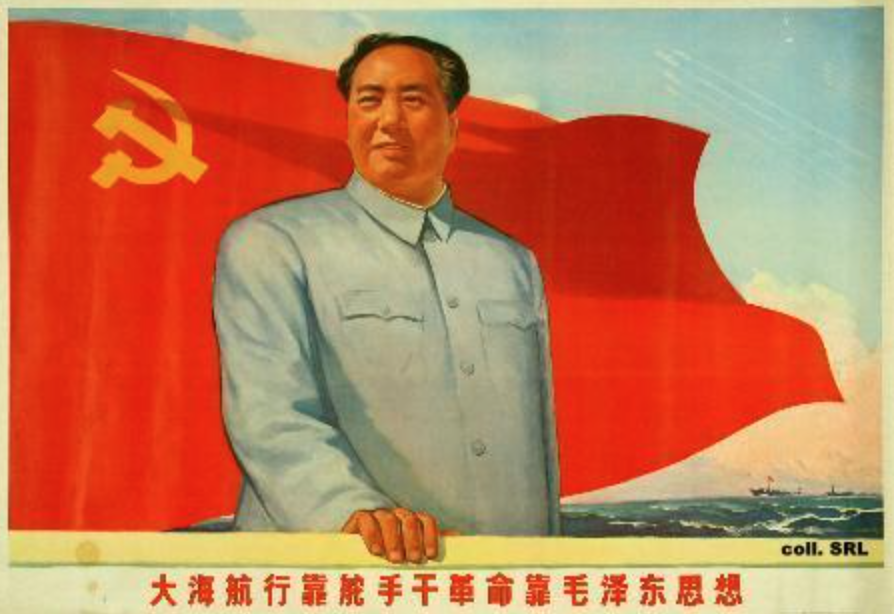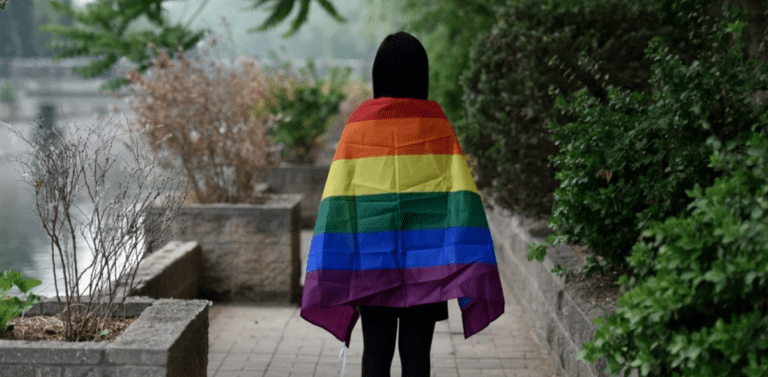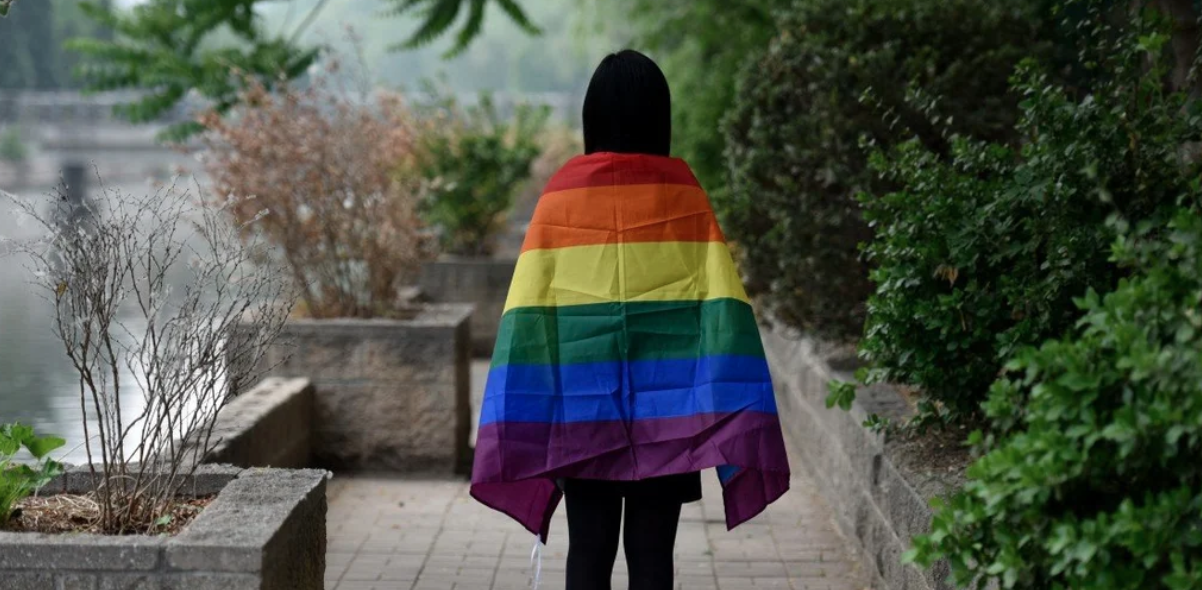During pride month in the United States, individuals, communities, and businesses show support and celebrate the LGTBQ community. Pride month symbolizes the progress that has been made and the progress we need to make for the LGBTQ community.
Unlike the U.S., China’s historical acknowledgement of homosexuality is virtually nonexistent.
Chinese society stigmatizes homosexuality, perceiving the minority group as abnormal and dirty. In particular, the media avidly censors themes pertaining to LGBTQ.
China’s LGBTQ community accounts for 3-4% of the adult population. Therefore, the lack of mainstream media representation leads to deeper oppression.
According to a self-reported survey of 1259 gay Chinese men, 62% never came out. After employers found out their sexuality, 9% were fired or forced to quit.
Shame about homosexuality stems from Chinese pressure on men to continue the family line. Deviation from this trajectory entails disrespect of the family lineage.
During the 1949 Communist Revolution homosexuality became associated with Western indulgence. 
The first mentions of homosexuality in Chinese media encompassed the HIV/AIDS epidemic. This conditioned society to view the LGBTQ community as diseased.
Print media tended to solely associate gay people as criminals and ignore their human rights.
Today when the media fails to acknowlege or support homosexuality, Chinese LGBTQ lives are at risk.
[zombify_post]



0 Comments